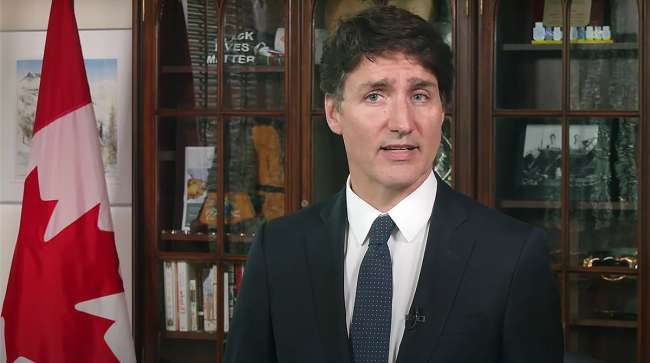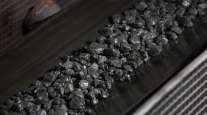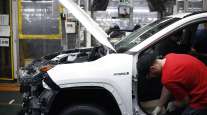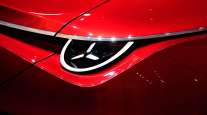Staff Reporter
Canada Imposes a 100% Tariff on Imports of Chinese-Made EVs

[Stay on top of transportation news: Get TTNews in your inbox.]
Canada will impose a 100% surtax on all Chinese-made electric vehicles beginning Oct. 1 in a series of measures aimed at cracking down on what the country views as unfair trade practices that are negatively impacting its domestic alternative-fuel vehicle industry.
“The government of Canada is committed to leveling the playing field for Canadian workers, businesses and key sectors currently facing unfair competition during this period of significant investment and transformation,” declared Mary Ng, minister of Export Promotion, International Trade and Economic Development. “Global trade rules are not always adequate to protect against the type of non-market behavior we have witnessed from China in this sector.”
Ng said the government sanctions — announced Aug. 26 — will help domestic workers and businesses in the Canadian EV industry as well as steel and aluminum producers compete more aggressively in both global and North American markets.
The surtax will include electric and some hybrid passenger cars, trucks, buses and delivery vans made in China. It is being added to the Most-Favored Nation import tariff of 6.1% already tacked onto Chinese-made EVs imported into Canada.
Live from the Cabinet retreat in Halifax, Nova Scotia: Prime Minister Justin Trudeau holds a media availability. Tune in: https://t.co/IUjnRy2DAR pic.twitter.com/dWgqW5gmjJ — CanadianPM (@CanadianPM) August 26, 2024
Canada’s Transport Minister Pablo Rodriguez noted, “Our government is committed to meeting our zero-emission vehicle sales targets and building a green economy that works for every generation. However, the path to net-zero emissions won’t be achieved without Canadian workers.”
The surtax is one of four actions Canadian officials are taking to help bolster domestic businesses. Another levy — which takes effect Oct. 15 — imposes a 25% surtax on steel and aluminum goods imported from China. The government also will limit eligibility for federal incentives in programs for zero-emission vehicles and infrastructure to products made in countries that have negotiated free trade agreements with Canada. Lastly, the government plans to begin gathering information for additional sanctions during a round of 30-day consultations with stakeholders involved in energy sectors such batteries and battery parts, semiconductors, solar products and minerals.
Transtex CEO Mathieu Boivin discusses the environmental sustainability of auxiliary power units. Tune in above or by going to RoadSigns.ttnews.com.
A final list of Chinese products subject to the new surtaxes will be announced by Oct. 1. If a product is shipped before its respective surtax implementation date but arrives after, the charge will not be applied.
Chrystia Freeland, Canada’s deputy prime minister and minister of finance, noted the country has sufficient raw materials, clean electricity specialized production capabilities and a talented workforce that can help catapult it to become a world leader in the EV supply chain.
“Canadian workers and critical sectors, including steel and aluminum, are facing an intentional, state-directed policy of overcapacity, undermining Canada’s ability to compete in domestic and global markets,” she said. “That is why our government is moving forward with decisive action to level the playing field, protect Canadian workers, and match measures taken by key trading partners.”
The Canadian government has noted that China since 2020 has risen to become the world’s largest EV maker and exporter due to extensive state subsidies and other non-market practices.
“China’s unfair trade practices include weak standards across EV supply chains, including poor labor standards, a lack of environmental protections, and trade policies supporting oversupply,” the government has said. “Connected vehicles containing technology from China also pose significant risks to the privacy of Canadians, their data, and Canada’s national security interests. They collect information from drivers, yet lack transparency on data ownership.”
Want more news? Listen to today's daily briefing below or go here for more info:





